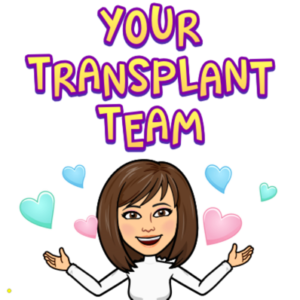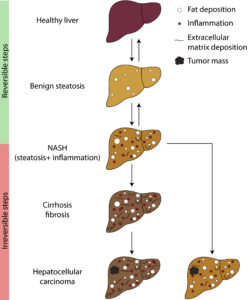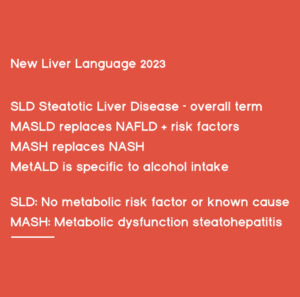This is a total list of everyone that will be your support before, during and after the liver transplant process. Your liver transplant team consists of a healthcare providers and professionals who help ensure the success of your transplant process. Together, they provide wrap around services and comprehensive care to every patient. You will come to know who is on liver transplant team. After all, you are placing your life in their hands, and will become close to some of them and at least be acquainted with others. I always wanted to be sure that they were impressed with my desire to live. For some reason, there was a threat of not “making the cut”, if that makes sense to you.
I live in a rural area and had to travel to see my team. That meant a longer drive and also meant that not all of these people were easily accessible to me.
Who is on Liver Transplant Team?
- Transplant Surgeons: These men and women spent years studying, doing their residency and choosing hepatology and transplant surgery as a specialty. From there, there were extra years of education and training. They specialize in performing the actual liver transplant surgery.
- Hepatologists: My hepatologist practiced at a hospital close to me. However, he referred me to the transplant hospital that was further away. These physicians specialize in diagnosing and treating liver diseases and manage the patient’s liver health before and after the transplant.
- Transplant Coordinators: My coordinator and I became very close. He had been with the transplant team for over 20 years. Most of them are registered nurses who manage the transplant process, coordinate care, and serve as the primary point of contact for the patient. Mine stayed with me for a few years post transplant as well.
- Anesthesiologists: We don’t often meet them until we are rolling into surgery. These doctors who specialize in anesthesia and pain management during the surgery. Their job is important because they make sure our oxygen level, heart rate, blood pressure, and all your vital Life functions are regulated. The surgery can take up to 12 hours. Mine was around 6 or 8. It’s been almost 10 years and I forgot how long. 🙂
 Post Transplant People
Post Transplant People
- Intensive Care Specialists: Most hospitals give you a private Intensive Care Unit or ICU room. The physicians and nurses who provide critical care to the patient immediately after surgery. I had one nurse from about 2PM til the next day. I can remember waking up and hearing her talk to my surgeon through the night.
- Nurses: Once you are moved to the floor, there are nurses who only have a few patients who take care of you. I my case, I was on the same floor (7th floor at Integris Baptist) before and after transplant. The nurses play a crucial role in pre- and post-operative care, including monitoring the patient’s condition and providing education and support.
- Social Workers: My social worker was amazing. She kind of scared me because I wasn’t sure that she was going to “pass” me through to the transplant list. My first meeting with her had me in tears. It was mostly me being scared, and we came to be friends. She was a firm and experienced nurse who provided emotional support, counseling, and assistance with practical issues such as housing and transportation. Loved her.
- Pharmacists: The hospital pharmacists specialize in managing the rejection and infection meds. Your meds can change daily in the beginning. Post op, I went to my local national chain. I’m still with the same group and see the same people every month.
- Dietitians/Nutritionists: They help manage the patient’s nutritional needs before and after the transplant to promote healing and overall health. I saw a local nutritionist when my liver first failed and never saw a nutritionist after that. My hospital ended up hiring one a couple of years after my surgery and she does an amazing job of providing support.
Ongoing Support Before During and After
- Administrative Staff: My girl was Angela and she was always a phone call or email away. She took care of scheduling, medical records, and other administrative tasks to make sure the smooth all of my labs were updated and I stayed compliant on the transplant list. That included cancer tests for me.
- Psychologists/Psychiatrists: Once time I got anxious and asked my social worker to take me off of the list. She suggested mental health support to address any psychological issues related to the transplant process. I told her that it was survivor’s guilt kicking in pre-transplant, and we talked through it.
- Financial Coordinators: Thankfully, they helped with my disability, took care of my insurance issues and assisted with all the financial planning related to my transplant. Do NOT hesitate to ask for help. They can provide so much support.
- Transplant Pathologists: I never met mine. They analyze liver tissue to help guide treatment decisions before and after the transplant.
- Physical Therapists and Occupational Therapists: I have written a lot about the physical changes we go through post op including back pain, hip pain, and exercise. Many hospitals have them to help your physical recovery and rehab post-transplant.
-
Who is on Liver Transplant Team?
- A lot depends on whether you are in a large city or urban. A teaching hospital at a university often has a lot more people on their support team. I hope this helped you if you have any questions about who is on your transplant team. I still see mine every year!
4o






